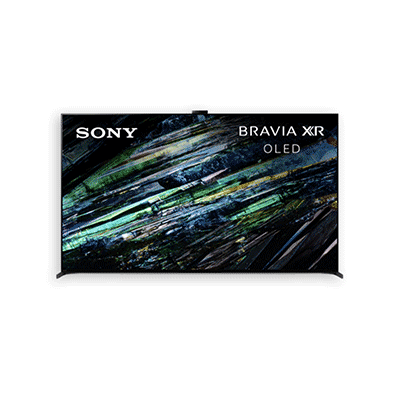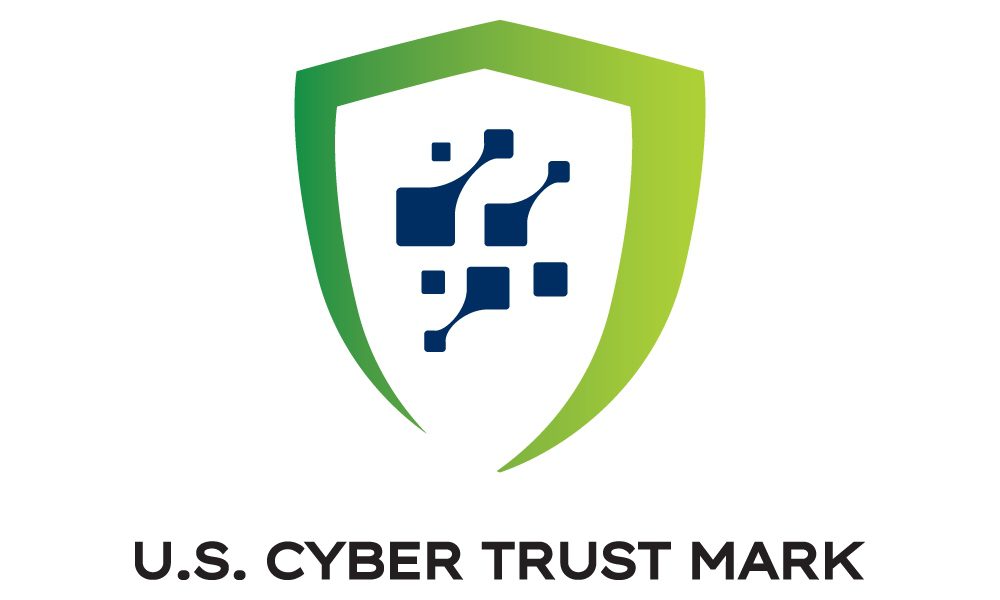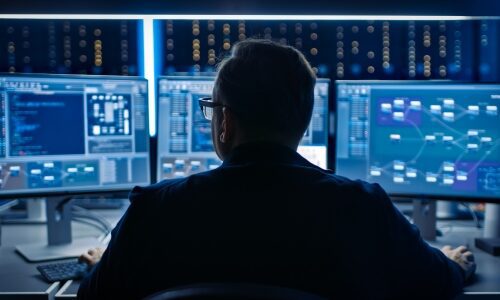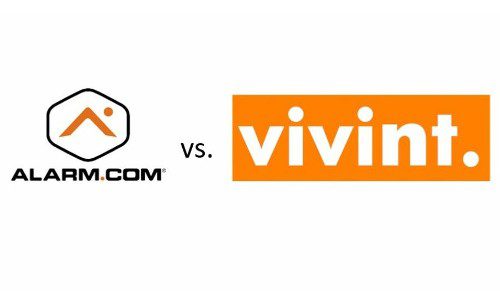CEDIA is urging the Federal Communications Commission to consider the role of integrators in the proposed Cyber Trust Mark program, saying integrators are critical toward advancing the commission’s goal of improving the cybersecurity of smart home systems.
In formal comments to the FCC’s proceeding, CEDIA goes on record advocating for the interests of professional integrators in the U.S, saying the professional smart home integration industry brings unique value to cybersecurity in residential installations.
In making its case on the importance of the integration channel, CEDIA says it is vital that consumers continue to work with integrators to provide technology systems in the home. CEDIA also supports the proposed Cyber Trust Mark, a program that aims to certify that consumer IoT devices meet certain cybersecurity standards as outlined by the National Institute of Standards and Technology.
The voluntary program, first announced earlier this year, is essentially the cybersecurity equivalent of the ENERGY STAR label. The commission is currently seeking comments on the program, which is expected to be in place sometime in 2024.
In comments written by Darren Reaman, director of government affairs for CEDIA, the organization advocates for the importance of integrators, saying they are the “best solution” for mitigating security risks in IoT systems.

The Future of Digital Lighting & Control
As a custom integrator, lighting is in demand. Effective communication, education and showcasing the value proposition of LED light fixtures in conjunction with integrative control systems are the keys to overcoming challenges and closing sales in this specialized market. Join us as we discuss the future of digital lighting and control with David Warfel from Light Can Help You and Patrick Laidlaw and Mark Moody from AiSPIRE. Register Now!“In-home integrators that professionally install IoT devices are key in the mitigation of security risks in any consumer’s technology systems and this mitigation is not limited to just IoT devices,” the organization says it its remarks. “When designing, installing, and maintaining technology systems through the home, the homeowner is best protected from security threats by working with qualified integrators throughout the project and the life of the system.”
Citing data on the average number of connected devices in U.S. homes, CEDIA says the rise in smart home technology can be overwhelming to homeowners, especially considering that nearly one quarter of users with 20 or more devices in their home have experienced two or more data security breaches in the past year, per the Rural Broadband Association.
Integrators, according to CEDIA, have extensive knowledge on connected devices, and are the best trained on the intricacies of this technology as it relates to the scope of the Cyber Trust Mark.
“Any voluntary U.S. Cyber Trust Mark program will not replace the need to work well-trained integrators with a knowledge of how to install, maintain, connect, and deploy technology systems in the home,” the organization writes. “The need for integrators will increase as consumers demand for connected devices on a secure network at home and work will significantly increase with emerging technologies.”
In addition to its advocacy for integrators, CEDIA urges the commission to keep the Cyber Trust Mark program voluntary to ensure wider participation from manufacturers of many different IoT products and technologies, retailers, and industry stakeholders.
The organization also urges the FCC to support “reasonable” cybersecurity labeling practices to encourage adoption, citing the fact that several U.S. states have enacted IoT regulations.
“A patchwork of regulations on IoT devices provides uneven protection for consumers and creates thorny compliance issues for businesses that can further stifle innovation,” CEDIA writes.
Lastly, CEDIA says the Cyber Trust Mark program should include some level of consumer education, such as the “the limitations of the mark.”
“Consumers should be educated about the Mark representing an important first step in protection, but that other, more robust methods of protection from cyber-attacks exist, such as professional installation by a qualified integrator,” CEDIA writes.
In a separate statement, CEDIA President and CEO Daryl Friedman says the filing puts the organization’s advocacy for integrators on record with the federal government.
“It’s a monumental step in ensuring that the unique value we bring to cybersecurity in residential installations is recognized and prioritized,” Friedman says. “I’m grateful to the Government Affairs committee for their efforts in navigating this crucial advocacy initiative.”
If you enjoyed this article and want to receive more valuable industry content like this, click here to sign up for our digital newsletters!









